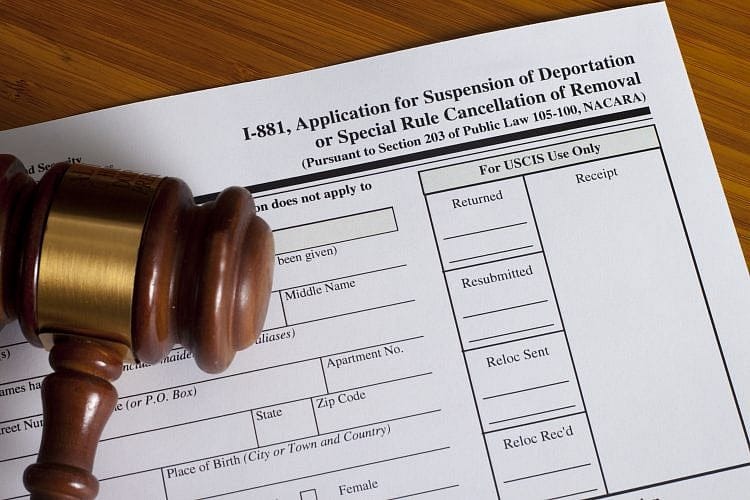Immigrant Gets Second Bite at Plea Deal Apple Because Judge Didn’t Read Him Enough Deportation Warnings

A non-citizen immigrant who admitted showing two men a gun and threatening to shoot them has had his quasi-guilty plea thrown out because the trial-court judge gave him one warning that he might be deported because of it but not two.
Court papers say Denver Petit-Homme on August 6, 2016 drove to a barber shop near the intersection of Washington Street and Bowdoin Street in Dorchester, left the vehicle, approached two men, showed them a gun in his waistband, and threatened to shoot them. Then he got back in his vehicle and drove away.

